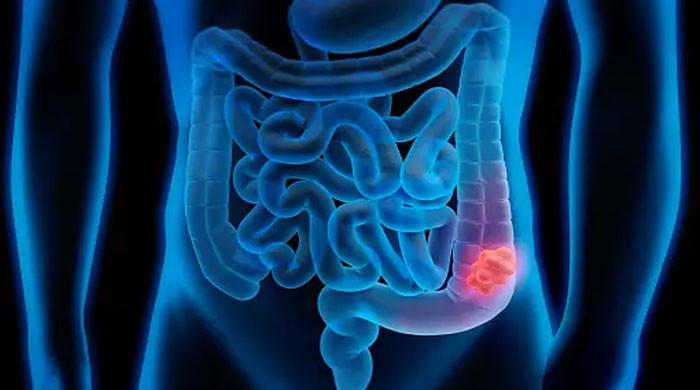Researchers in their new study suggest that people may develop colorectal cancer at a younger age by consuming red meat and sugar because they found differences in the breakdown of proteins.
Colorectal cancer is increasing among people at a young age and is projected to become the leading cause of cancer-related deaths in people aged 20 to 49 in the United States by 2030.
The new study highlights food and environmental exposures that can cause cancer, but experts can’t identify the root cause.
Dr. Suneel Kamath of the Cleveland Clinic and senior author of the new study said, “As for the cause, we really know very little about it so far.”
The study compared two groups of people; one was young and suffered from colorectal cancer, and the other developed the cancer in middle age.
The researchers found that those who were under the age of 50 with colorectal cancer had lower levels of citrate, a substance produced when the body converts food into energy.
The researchers note that they also “found differences in protein and carbohydrate breakdown, which they say may suggest that red meat and sugar intake may be associated with developing colorectal cancer at a younger age.”
Kamat noted that the key takeaway is to change your diet.
“The things we know we need to do, increase green leafy vegetables, limit sugar, limit processed foods, limit red meat and get more of our protein from lean meat or poultry or beans, lentils,” he said. .
Symptoms of colorectal cancer are rectal bleeding or blood in the stool, abdominal cramps or pain, weakness, fatigue, and weight loss.
“Unfortunately, there is a narrative in both the medical community and the general public that you can be too young to have cancer, and I want people to know that, unfortunately, that’s not the case,” Kamath said.
The researchers said they hope this study paves the way for future research to further understand the causes of this disease and hopefully create better therapies for those young adults who are diagnosed with it.

